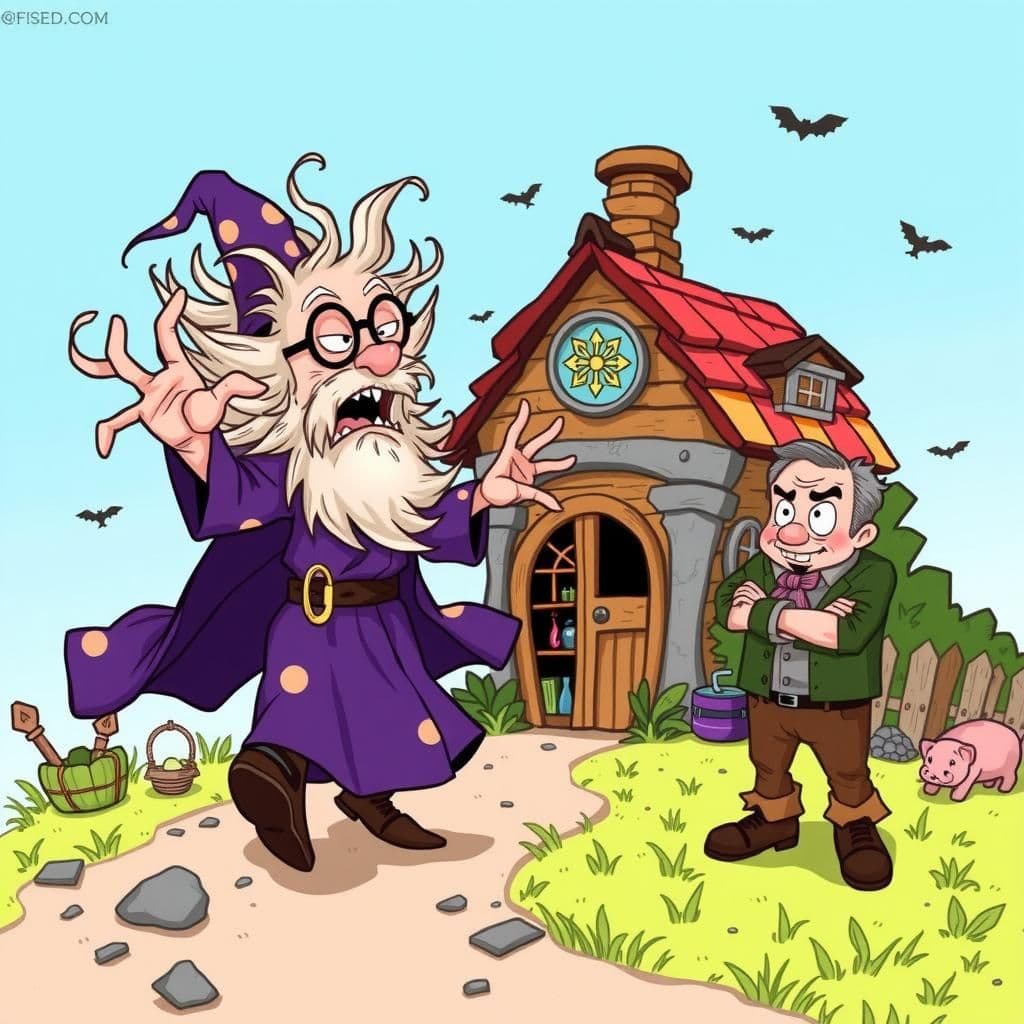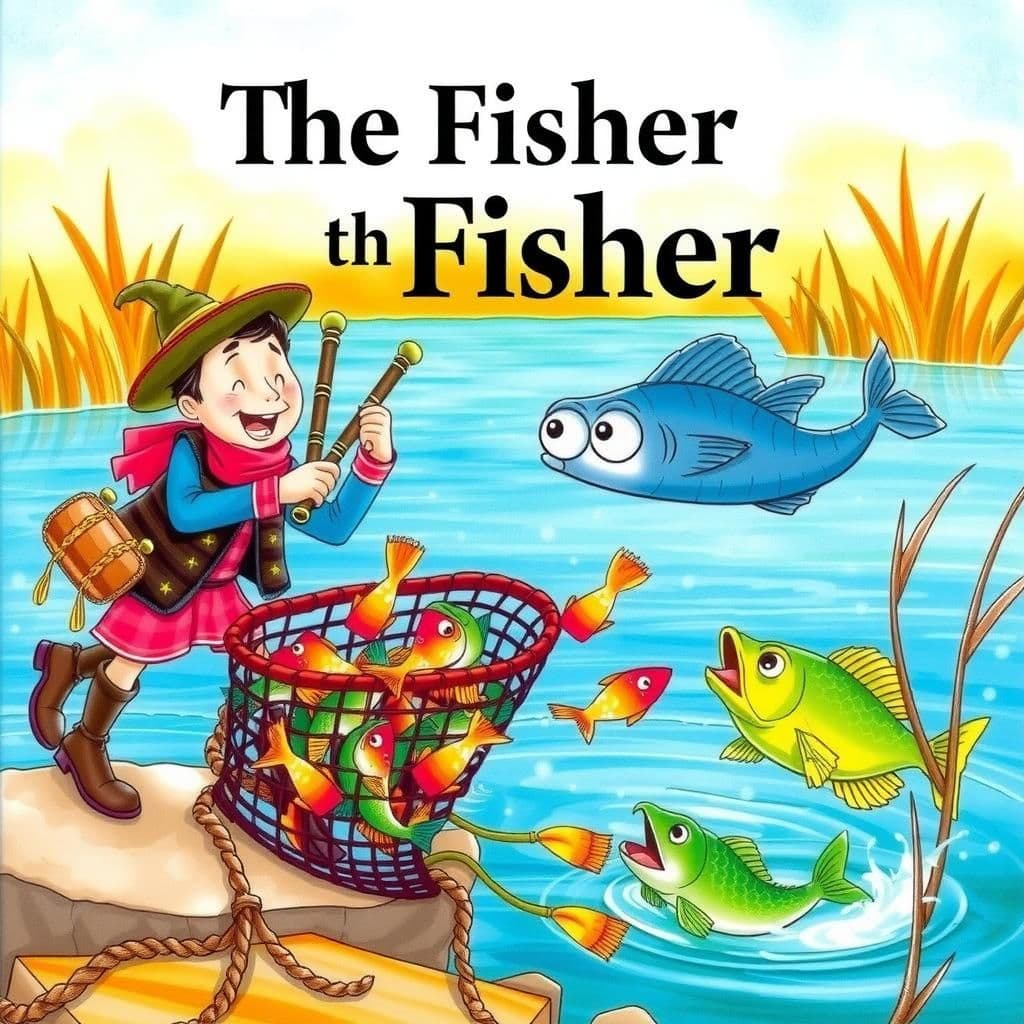The Prophet

Story Summary
In "The Prophet," a wizard known for telling fortunes faces a moment of irony when he learns his house is being robbed, despite his ability to foresee the futures of others. As he rushes to save his belongings, a mocking neighbor questions why he couldn't predict his own misfortune, highlighting a powerful lesson about the limitations of foresight. This simple short story with moral serves as a reminder of the importance of personal awareness and growth, making it one of the best moral stories for students.
Click to reveal the moral of the story
The moral of the story is that one should not neglect their own well-being while focusing on the problems of others.
Historical Context
This story draws from the rich tradition of folklore and fables, particularly within Middle Eastern and South Asian cultures, where tales often feature wise or mystical figures whose knowledge of the future contrasts with their own personal misfortunes. It echoes similar motifs found in Aesop's Fables and the Panchatantra, highlighting the irony that those who claim to possess great wisdom or foresight may still fall victim to their own shortcomings or blind spots. Such narratives serve to impart moral lessons about humility, the limits of knowledge, and the unpredictability of life.
Our Editors Opinion
This story highlights the irony of being able to predict others' futures while neglecting one's own reality, a lesson that resonates in today's fast-paced world where people often focus on external appearances or helping others while ignoring their personal challenges. For instance, a financial advisor may spend all their time advising clients on investments, yet fail to manage their own financial health, leading to personal financial struggles despite their expertise.
You May Also Like

The Seeker and the Sought
In "The Seeker and the Sought," a clever politician uses bait to catch a turkey for dinner, humorously claiming that the bird sought him instead. This fable highlights his manipulative tactics and serves as a meaningful story with moral implications, showcasing the irony in his presentation while embodying the essence of popular moral stories.

The Life-Saver
In "The Life-Saver," a dramatic short tale with moral undertones, an Ancient Maiden rehearses the line, "Noble preserver! The life that you have saved is yours!" before tragically drowning. Meanwhile, the Modern Swain reflects on the irony of her sacrifice, realizing he feels a sense of ownership over the life he did not save. This quick moral story highlights the complexities of heroism and the weight of unfulfilled intentions.

The Fisher
In this short story with moral, a Fisher uses his bagpipes in an attempt to attract fish, but initially fails until he captures them in a net. Once caught, the fish leap in response to his music, leading an old fish to remark that they only dance because they are now under the Fisher's control. This tale serves as a reminder of the power dynamics in folklore and moral stories, illustrating that when one is in another's power, compliance becomes necessary.
Other names for this story
Fortune's Folly, The Seer's Dilemma, The Wizard's Blind Spot, Prophecy and Plunder, A Fortune Foretold, The Marketplace Oracle, The Unseen Theft, The Hasty Revelation
Did You Know?
This story highlights the irony of being able to predict the fortunes of others while being oblivious to one's own misfortunes, emphasizing the theme of self-awareness versus external insight. It suggests that even those with great wisdom or abilities may overlook their personal challenges.
Subscribe to Daily Stories
Get a new moral story in your inbox every day.